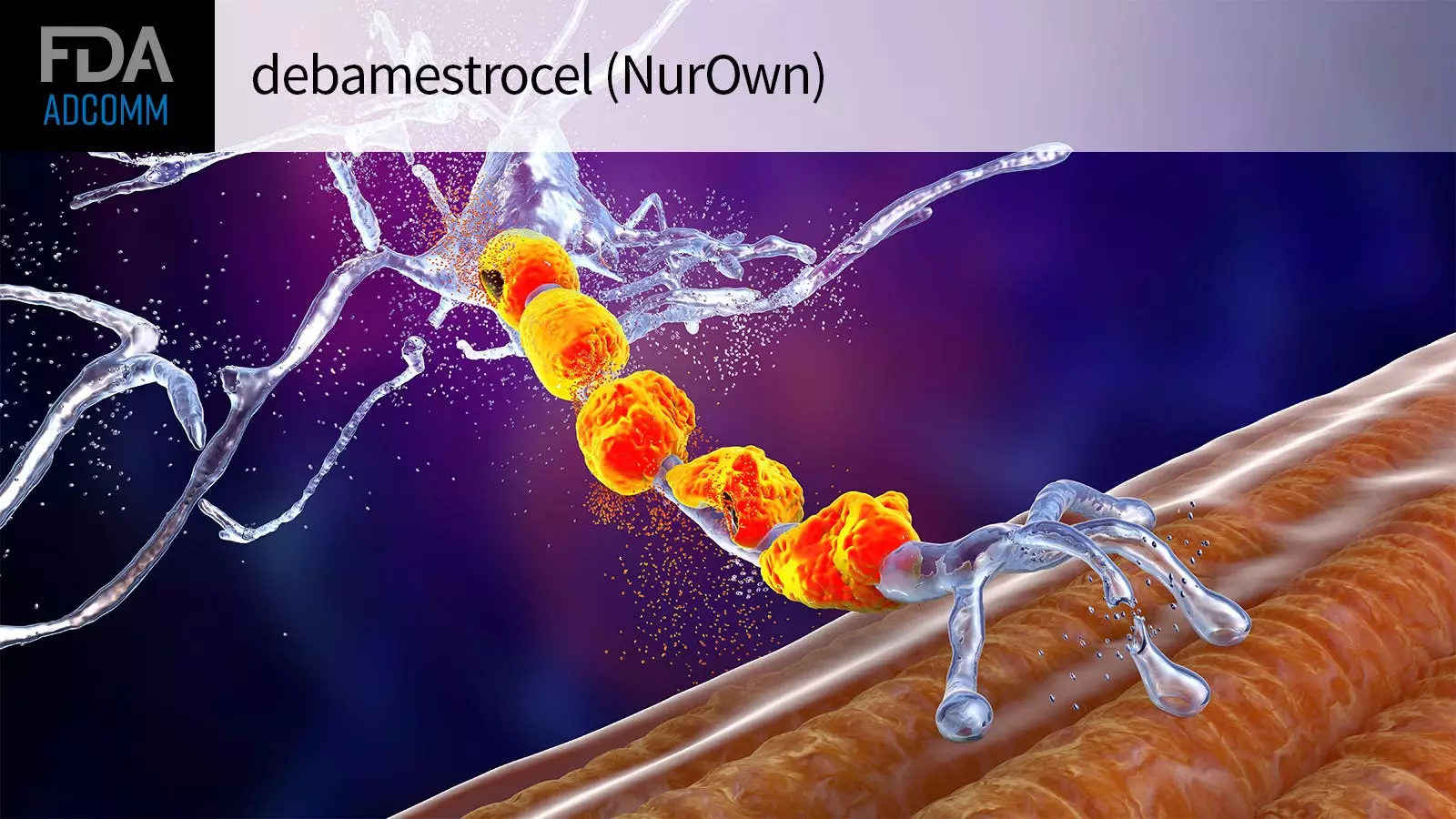The US Food and Drug Administration (FDA) has raised serious concerns about a potential treatment for amyotrophic lateral sclerosis (ALS), known as NurOwn, developed by BrainStorm Cell Therapeutics. As the FDA prepares for an advisory committee meeting this week, the agency has deemed the drug’s application incomplete and lacking in evidence of effectiveness and product quality. The FDA reviewers highlighted missing or incomplete validation of methods and a lack of data demonstrating manufacturing consistency in the application.
In a letter to BrainStorm, the FDA refused to file the application and detailed the specific deficiencies. However, the company submitted additional retrospective analyses and biomarker results in response to the concerns. The FDA’s Cellular, Tissue, and Gene Therapy Advisory Committee will convene this week to discuss whether BrainStorm’s data meet the agency’s standards for substantial evidence of effectiveness for approval.
NurOwn is an autologous cell-based therapy designed to secrete neurotrophic factors (NTFs) that support nerve survival and function. While BrainStorm hypothesizes that the therapy’s secretion of NTFs can slow down the progression of ALS, the FDA maintains that the drug’s mechanism is unclear. Treatment involves extracting bone marrow from the ALS patient to obtain the cells needed for production, followed by repeated administration via spinal injection.
The Clinical Development Program and Underwhelming Phase III Results
The clinical development program for NurOwn consisted of four studies, including two single-arm early-phase studies, a phase II trial with both intrathecal and intramuscular injections, and a pivotal phase III trial. Unfortunately, the phase III trial, which evaluated MSC-NTF using its intended route and dose interval, did not meet its primary endpoint. The FDA noted that only 33% of patients in the MSC-NTF group and 28% in the placebo group met the clinical response criteria at 28 weeks.
Moreover, the survival rate was worse for patients who received MSC-NTF compared to those who received the placebo, with 10 deaths versus three deaths, respectively. While some biomarker data suggested a potential benefit, the FDA highlighted a significant amount of missing data for all biomarkers at week 20. Although an analysis of a prespecified subgroup indicated that participants with less severe disease may have retained more function, the results were not statistically significant.
While BrainStorm maintained in its briefing documents that the evidence demonstrates a consistent and clinically meaningful treatment effect, the ALS Association expressed concerns. The organization noted that the positive testimonials they have seen online do not align with the data shared by BrainStorm or published in peer-reviewed publications. The ALS Association stressed the importance of being data-driven and mentioned the need for an independent review before taking a position for or against the approval of NurOwn.
On Wednesday, BrainStorm will present their case to a panel of FDA advisors, who will review the MSC-NTF data. If the advisory committee determines that the data do not provide substantial evidence of effectiveness, they will discuss potential trial designs that could address the concerns. However, the focus of the meeting will be on clinical, statistical, and biomarker data, as the manufacturing and control processes are not yet resolved.
The FDA has stated that it will not issue a final determination about MSC-NTF until after considering input from the advisory committee and completing all reviews. This cautious approach emphasizes the importance of thorough evaluation and ensuring the safety and efficacy of ALS treatments.
The FDA has raised serious concerns about the NurOwn ALS treatment developed by BrainStorm Cell Therapeutics. The agency found the initial application to be scientifically incomplete and lacking in evidence of effectiveness and manufacturing quality. While BrainStorm has provided additional data in response to the FDA’s concerns, the advisory committee meeting will determine whether the data meet the required standards. The controversy surrounding NurOwn highlights the importance of rigorous review processes and the need to ensure the safety and efficacy of potential ALS treatments.


Leave a Reply